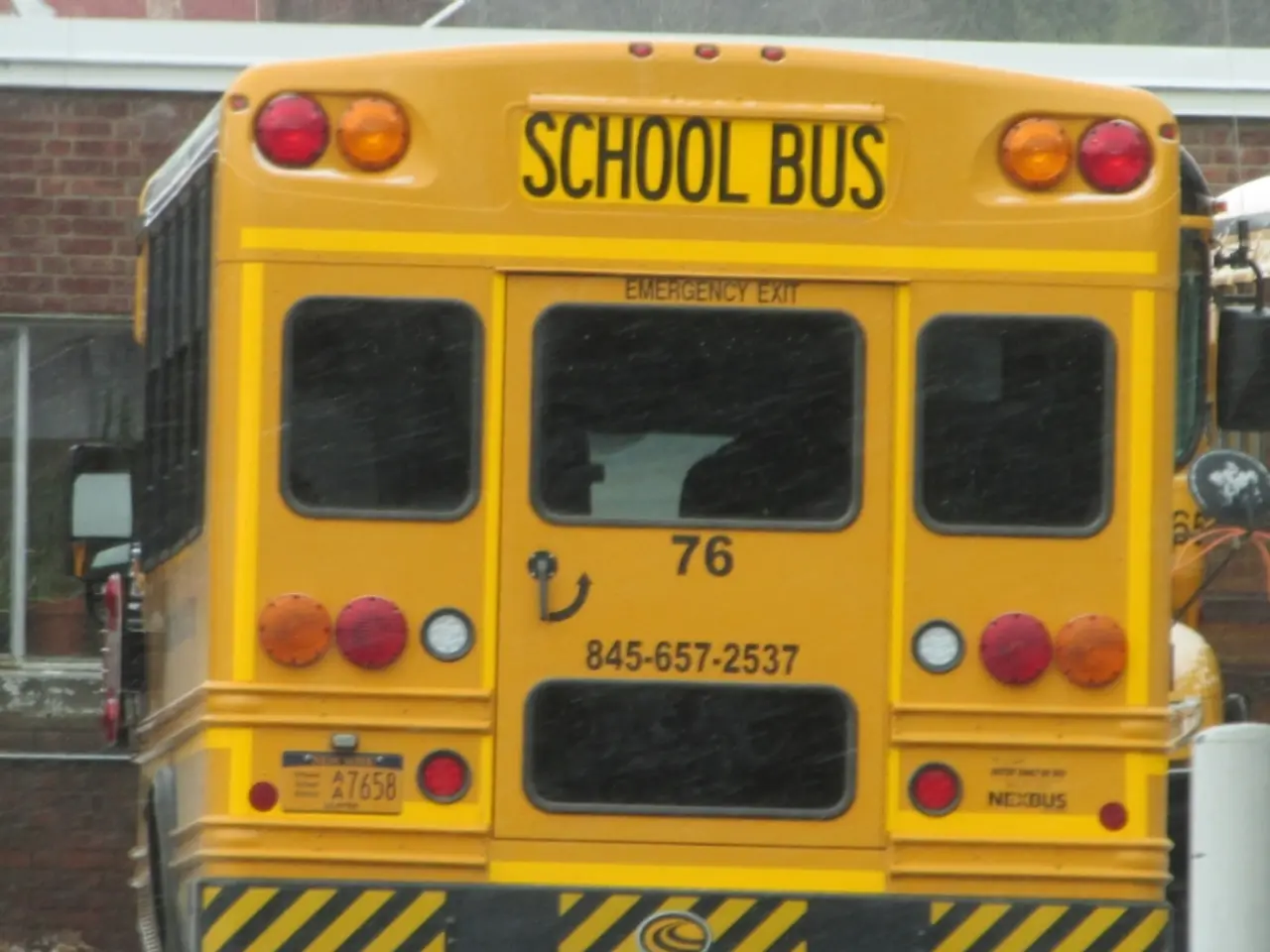Unused Resources for Housing Development in Brandenburg
Brandenburg, a state in Germany, is facing a shortage in student housing, falling short of its own targets set in 2019. The previous coalition government, consisting of SPD, CDU, and Greens, aimed to achieve a 20% supply rate at every university location, but as of now, the supply rate in Brandenburg is at 11%, with only 10% in Potsdam.
Peter Heiß, managing director of the West Brandenburg Student Services, acknowledged that they are "miles away" from the 20% target. This shortfall is partly due to the underutilization of funds from the "Young Living" program in Brandenburg, as reported by RBB in 2023. The "Young Living" program, initiated by the Federal Ministry of Housing, Urban Development and Building, is aimed at promoting student and trainee housing.
In 2023, only a few eligible applications were submitted for the "Young Living" program in Brandenburg, resulting in the state only being able to approve a portion of the funds available. This underutilization has implications for the provision of affordable student housing, likely leading to a shortfall in available accommodations and prolonging housing pressures on students in Brandenburg.
The tense housing market in Potsdam is contributing to the insufficiency of student housing in the state. The Ministry of Science, Research and Culture reported that the quota is insufficient due to the tense housing market in Potsdam. However, three new dormitories are currently under construction or in planning in Potsdam and Golm.
The Ministry of Infrastructure and Spatial Planning of the State of Brandenburg expects that "the funding for 'Young Living' in 2024 can be almost fully approved". This suggests that Brandenburg is making efforts to address the capacity constraints that hampered the deployment of student housing projects in 2023.
It is worth noting that the statewide quota for socially subsidized student housing in Brandenburg is higher than the federal average of 9%. This indicates a commitment from the state government to address the housing shortage, although the pace of implementation seems to be a challenge.
This situation reflects a broader challenge in synchronizing federal financial support with state-level implementation capacity in Germany's student housing sector. The implications of this underutilization are significant, as it potentially slows down the expansion of student housing stock in the region, affecting the availability of affordable housing for students, which is critical given rising demand driven by increasing student numbers and urbanization trends.
In conclusion, Brandenburg's inability to fully utilize the 2023 "Young Living" program funds due to delays and capacity constraints in deploying student housing projects has led to a shortfall in available accommodations for students. This limitation affects the availability of affordable housing for students and prolongs housing pressures on students in Brandenburg. To address this issue, it is crucial for Brandenburg to streamline its processes and increase its capacity to implement housing projects more efficiently.
- The underutilization of funds from the "Young Living" program, designed to promote student and trainee housing, has negatively impacted the finance sector, hindering the provision of affordable housing in Brandenburg's education-and-self-development sector.
- Efforts to improve Brandenburg's housing shortage, particularly in student housing, are also significant in the industry sector, as the expansion of student housing stock is critical to addressing urbanization trends and rising student numbers.




